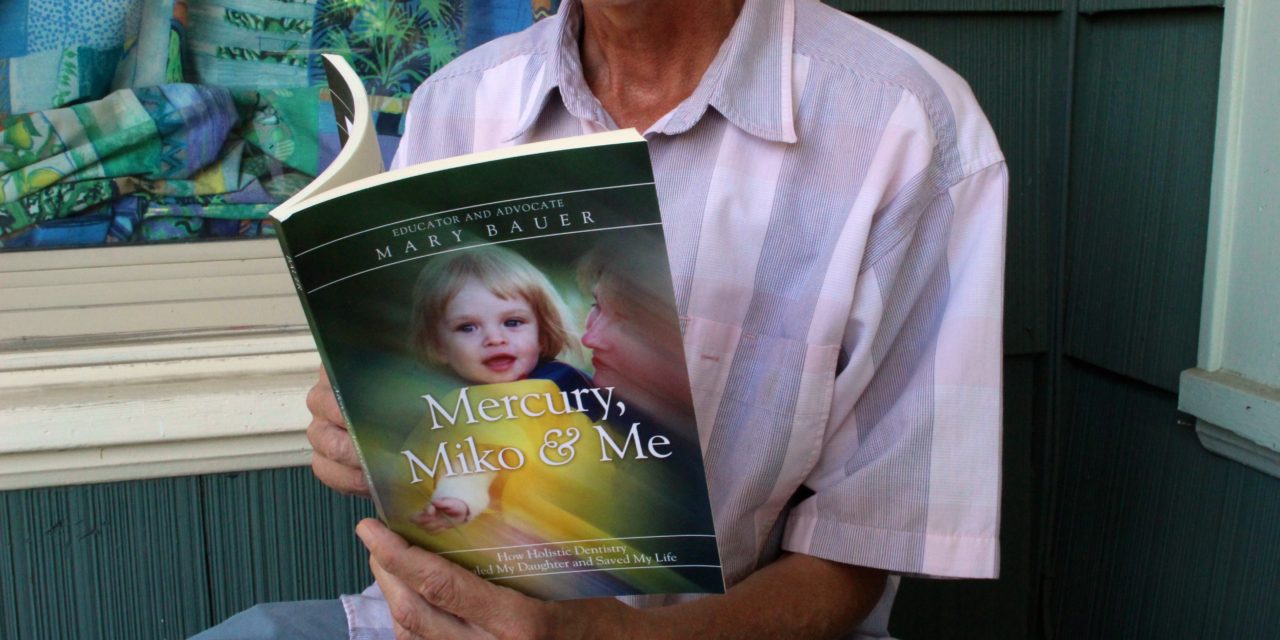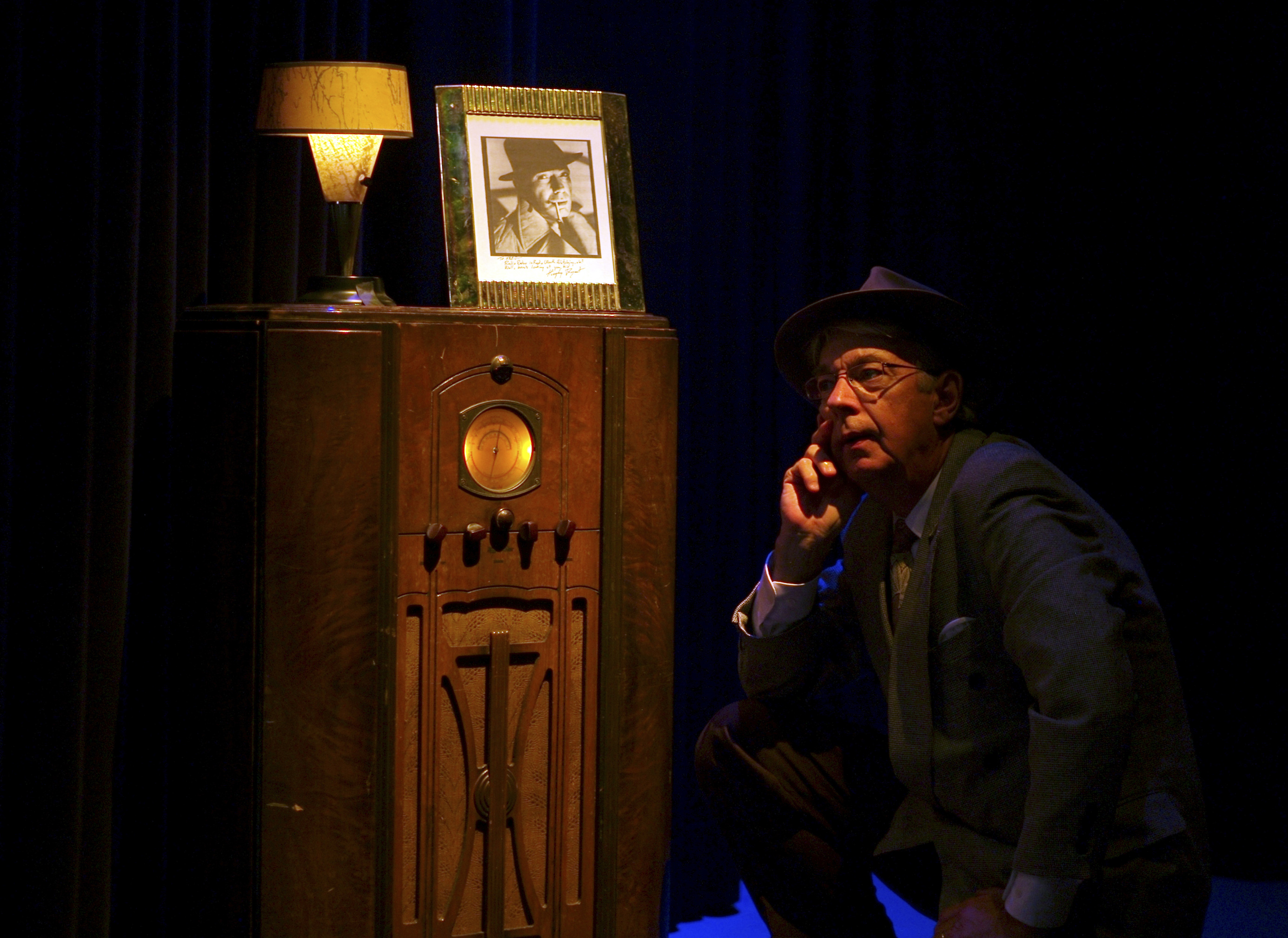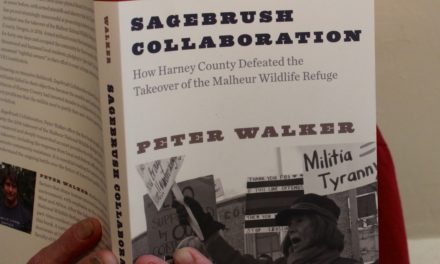Title: Mercury, Miko & Me: How Holistic Dentistry Healed My Daughter and Saved My Life
Author: Mary Bauer
Publisher: Other Mother, an imprint of Wyatt–MacKenzie (Deadwood, Oregon), 2019
Available locally: Tsunami Books, 2585 Willamette Street (541-345-8986)
By Daniel Buckwalter
As we begin another Advent and holiday season, try not to lose the joys of life’s moments. They can be fleeting, and you’re never sure about what lies ahead of the next blind corner. Eugene author, educator and advocate Mary Bauer certainly understands that.
Twenty-five years ago, she was huddled inside a room at the Huggins Clinic in Colorado Springs, Colo., named after Hal Huggins, who pioneered treatments for autoimmune diseases caused by dental toxins and who personally treated more than 5,000 toxic patients.
Back then, Bauer was fighting for her life. It took flying to Colorado Springs to finally get answers, to be finally diagnosed with mercury poisoning from tooth fillings that permeated through her body and nearly killed her. She was 41 years old.
In Colorado Springs, alone without her husband Bob and daughters Miko and Caroline, Bauer began the halting first steps to recovery — physical and spiritual — that would transform her life. The recovery process had stops and starts initially, but now it has gained traction.
It takes a particularly sharp focus in Mercury, Miko & Me: How Holistic Dentistry Healed My Daughter and Saved My Life, which Bauer started in 1999 and worked on continuously from 2013-18.
She writes about her sickness and recovery in spare, compelling prose. She writes of the fear, depression, and isolation that people with grave illnesses face. Friends don’t always know what to say, so they slide on without word. The mirror can be too powerful for some.
She writes with a mother’s passion early in the book of being alone one afternoon at home with her then very young daughters. “At noon, I was walking down the stairs, and I felt myself start to faint. As everything in front of me went gray, I reached for the phone and called 911. ‘I am alone with two small children. I’m losing consciousness. Send an ambulance.’
“The next thing I knew, two men were pulling a stretcher into the house. Miko had continued watching her video, but Caroline had moved and was sitting next to me. My neighbor, Sarah, came through the door. ‘I heard the sirens. I’ll watch the girls.’ ”
Bauer and I met for an interview some time ago, on a warm late-summer afternoon in front of Oolong Bar in Eugene’s Fairmount neighborhood, walking distance from the family’s home of almost the past three decades. Sarah, in fact, is still her neighbor.
The memories also are still vivid. “I still cry when I read those scenes,” she says.
Miko was her deepest concern throughout the critical stages of the illness. Had Bauer inadvertently given her daughter mercury poisoning while breast feeding? She, too, would need would need monitoring.
“I lay in bed,” Bauer writes, “and thought about Miko. I was now certain that the mercury that had flowed from my body into hers while she nursed had harmed her as well as me. Just get well and get home. Then you can help her, I told myself.”
Bauer writes of the focus she needed to be a “self-advocate” during the critical stages of the illness and recovery as well as the spiritual dimension that does grace people who seek it. The latter came in the form of the conventional Christian teachings (two wonderful scriptures in this book) and the more unconventional teaching from Robbin, a “medical intuitive,” who offers his own guidance as Bauer reorients herself to day-to-day living without the toxins that had been with her for most of her life.
“He was a helpful guide,” Bauer says of Robbin.
She writes with an advocate’s conviction (and a retired school teacher’s cadence) for the use of composite resin in teeth fillings and the elimination of mercury. Mercury is still used — even though, as Bauer notes in the interview, that “options have tremendously changed” — because mercury is cheaper and lasts longer.
And Bauer writes as a veteran who is there to help others, to be a sounding board, and to spread the word. Indeed, she texted me recently to relay a conversation she had with a woman who had read Miko, Mercury & Me.
“(She) leaned in to say, ‘My friend had her mercury fillings out, and her sight returned.’ I told her that my story was about as miraculous.”
Look around and it’s not hard to turn empathetic eyes at people and wonder about the transformative events that shaped them, the sharp trauma of those events and how difficult it was for them to gain firm footing in mainstream society. Perhaps it still is difficult.
I always point to homeless men and women who are re-entering mainstream society as an example, especially after months or years on the street. Bauer points to combat veterans returning home.
“Most of us are seeing suffering,” Bauer says.
No two stories are alike, but successful re-entries into society after traumatic events seem to take two forms. There are people who draw the curtain on the event and never look back, and those, like Bauer, who dig under all the rocks for all the information and become staunch advocates for others in like-minded situations.
Her daughters, Miko and Caroline, are now 30-something adults with careers in the Lane County area. Bauer herself looks great, and the work continues on.
I wish a Merry Christmas to Mary Bauer and her family.












